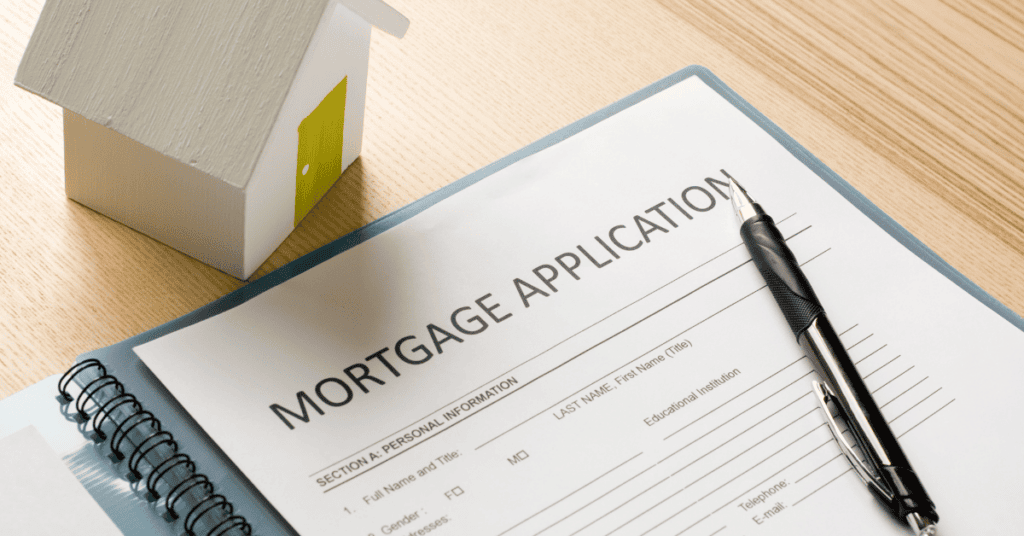Get Expert Financing
- Matched with investor-friendly lenders
- Fast pre-approvals-no W2s required
- Financing options fro rentals, BRRRR, STRs
- Scale your portfolio with confidence
While residential construction permits increased in January from December, new construction starts and completions dropped significantly from a year ago.
According to the Department of Housing and Urban Development and the U.S. Census Bureau, residential construction permits were up 0.7 percent, at a seasonally adjusted rate of 1.899 million units.
In December, the rate was 1.885 million units. The January permit rate was also 0.8 percent above the estimated rate for January 2021.
Housing inventory hit record lows in January, reaching a little over 400,000 active listings.
This was less than half the amount of listings from the year prior.
Single-family permits were up 6.8 percent monthly to 1.205 million units, but were down 5 percent annually.
Meanwhile, housing starts dropped 4.1 percent from December.
Single-family starts dropped 5.6 percent, from 1.182 million to 1.116 million, and multi-family starts fell 2.1 percent, to 510,000 units.
The number of completed units fell 5.2 percent from December and 6.2 percent on an annual basis.
Single-family completions had a 7.3 percent monthly drop and an annual loss of 8.4 percent, while multi-family completions were unchanged month to month but dropped 0.6 percent year over year.
The number of units under construction was 20.4 percent higher than a year earlier, but there was a significant backlog of 280,000 permits. This is a 37.3 percent annual increase.
In a recent report on builder confidence from the National Association of Homebuilders, chief economist Robert Dietz said building material delays were becoming serious.
He said builders are waiting months for appliances, cabinets, countertops, and garage doors.
Dietz said he believes this could be why there was an increase in unused permits and incomplete homes, and such a significant decline of completions.
The most dramatic drops in completions were in the Northeast and Midwest.
While experts predict this year will be a tough one to buy a home, inventory is expected to grow as more sellers enter the market.
For those waiting to enter the market until there is more of a balance, experts recommend focusing on home improvements or refinancing to tap into equity.
These steps can help improve current homeowner satisfaction, and potentially increase the value of the home for a later sale.
While current home values are at all-time highs, experts suggest speaking with a mortgage lender to determine the amount of equity locked up in your home.With a cash-out refinance or home equity line of credit, borrowers can use their equity to renovate their home, pay down high-interest debts, or pay for any other expenses.
Photo by Rodolfo Quirós from Pexels
Our advice is based on experience in the mortgage industry and we are dedicated to helping you achieve your goal of owning a home. We may receive compensation from partner banks when you view mortgage rates listed on our website.

